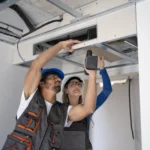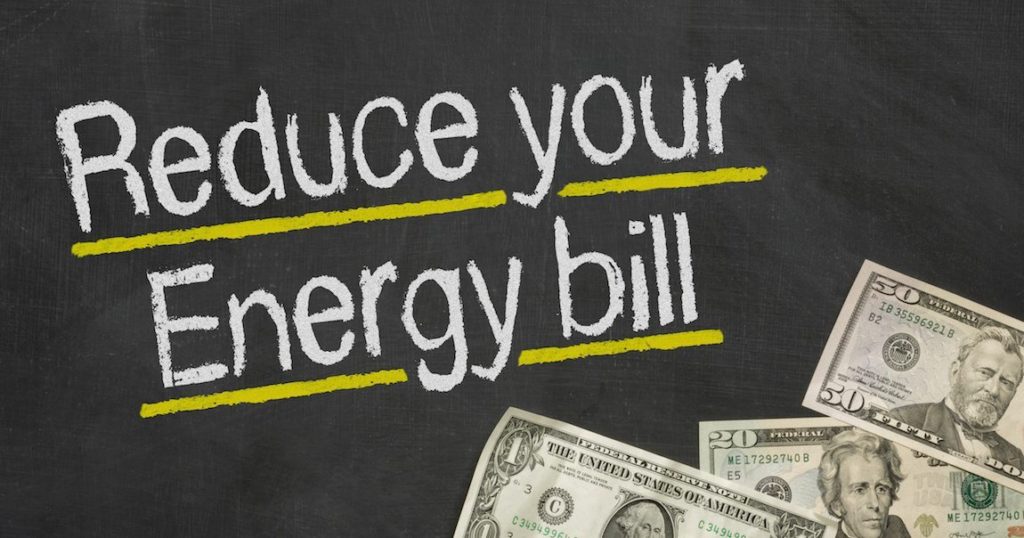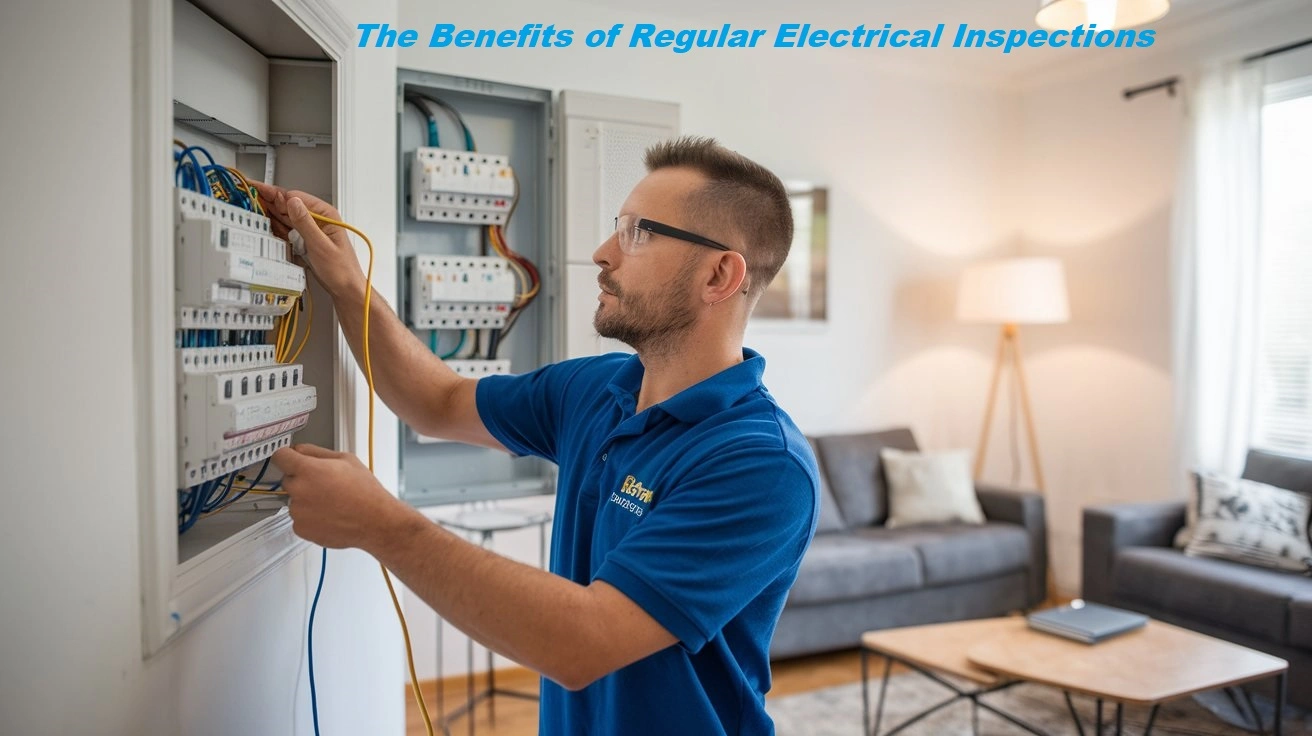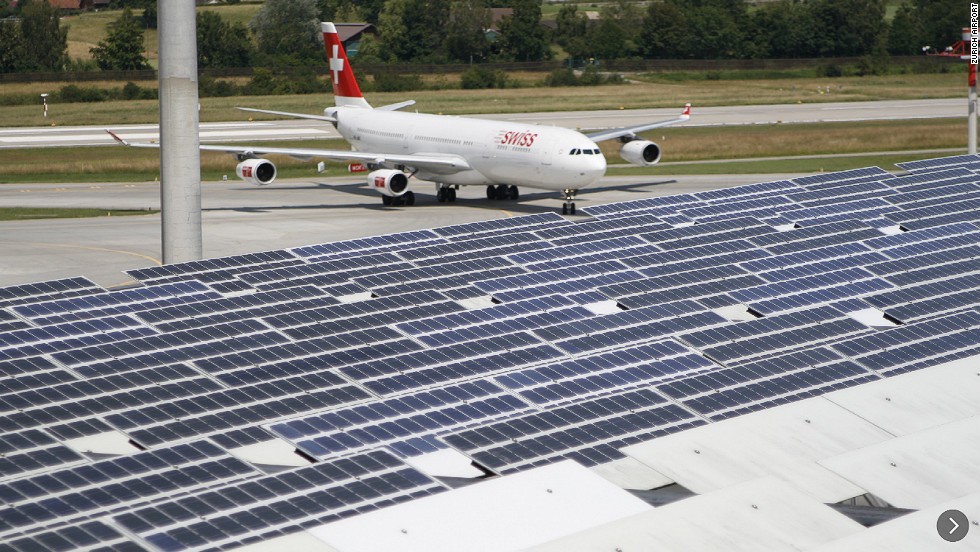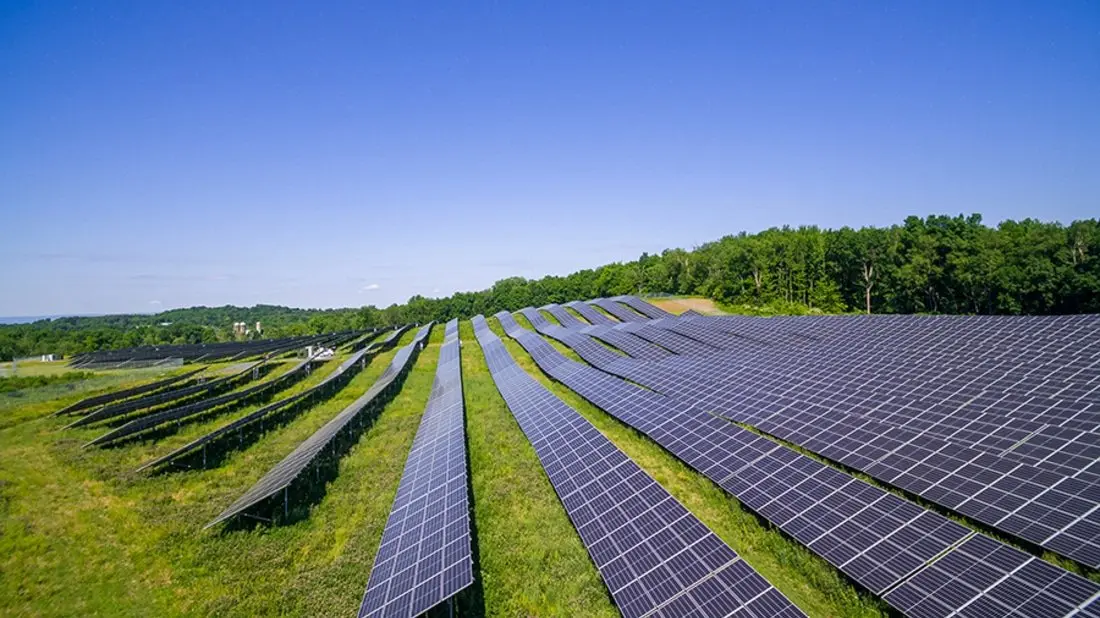Whether you’re concerned about climate change, the environment, or your wallet, there are many ways to make your home and lifestyle more energy-efficient. These changes can range from replacing a light bulb to installing solar panels. They can also be as simple as ensuring that equipment is turned off and unplugging machines when not in use. And, of course, reducing your electricity and gas usage can significantly impact the cost of your energy bill.
Every household’s energy profile is different, and the impacts of reducing your energy bills will vary depending on how much you spend on your energy, which equipment you own, where you live, and your family and lifestyle choices. This guide was created – to help you understand what makes up your electricity and gas bills, the essential home and lifestyle factors that influence them, and how to manage your energy costs.
With rising energy costs, you must do everything possible to reduce your energy bill. From changing your light bulbs to line drying your laundry, there are many easy ways to save money on your electric bill.
Unplug appliances that don’t need to be plugged in, use power strips with timers and adjust the power settings on your devices. Make these easy modifications and save hundreds of dollars annually.
Turn Off The Lights
If you’re feeling the pinch of higher energy costs, reducing your electricity bill doesn’t require much time or money. When not in use, start by turning off the lights.
Unplugging devices like chargers and standard power strips is another easy way to reduce energy costs.
Most people know that LED bulbs use less energy than traditional incandescent bulbs, saving them money on energy bills. Implementing energy efficiency measures in homes and businesses is one of the fastest, lowest-cost, most reliable, and most sustainable ways to cut carbon dioxide emissions and help limit the impacts of climate change.
Use Energy-Efficient Appliances
Using energy-efficient appliances is an ideal way to reduce energy bill and save money. Unlike ordinary appliances, these appliances consume minimum energy and help conserve natural resources.
Unplug electronic devices when they’re not being used. Also, consider investing in smart power strips that automatically shut off devices.
Invest in appliances with the blue ENERGY STAR label. These appliances use about 20% less energy than their standard counterparts. These gadgets will also cost you less over time. In addition, they can reduce the greenhouse gases that contribute to global warming. Every appliance in your home can help reduce energy consumption.
Only plugging appliances when not using them will also cut your energy bill. This eliminates “phantom power,” electricity appliances and chargers use even when turned off. Over time, this can add up to considerable savings. The EPA estimates it saves the average household $500 a year.
Turn Down The Heat
We’ve all heard the mantra that turning off lights when you aren’t using them will lower your energy bill. But lighting differs from what uses the most energy, heating and cooling.
It may seem counterintuitive to reduce your heating usage in the winter. Still, the Department of Energy reports you can save up to 10% a year by lowering your thermostat by 7-10 degrees for 8 hours while people are gone or sleeping. A programmable thermostat can help make this process painless. Moreover, this energy-saving strategy is applicable all year round.
Install Energy-Efficient Windows
Energy-efficient windows help reduce energy consumption by providing a better-insulated home. They reflect summer heat and retain interior cooling while keeping cold and warm air out during winter. They also prevent condensation and harmful UV rays from entering the home.
Another great benefit of energy-efficient windows is that they can help reduce noise pollution. This can be especially beneficial if you live in an area with a lot of traffic. Energy-efficient windows also reduce greenhouse gas emissions and carbon footprints. They also help extend the life of your HVAC system and reduce fading of upholstery over time.
Install Energy-Efficient Doors
Many homes lose a significant amount of energy through their doors. This can be because they are old, uninsulated, or poorly installed.
Adding new, energy-efficient doors can help reduce your energy bills and save money. These doors are designed to keep warm air in the winter and cool air in the summer, saving you money on heating and cooling expenditures.
You can even get a tax credit when you install energy-efficient exterior doors. This is a great way to save money and help the environment.
Install Energy-Efficient Insulation
Investing in insulation is one of the best ways to reduce your energy bill and save money. Insulation keeps your house warm in the winter and cools in the summer, enabling you to enjoy comfortable temperatures without cramming up the heat or air conditioning.
The proper insulation can help prevent energy loss, saving you 15% on heating and cooling costs annually. A well-insulated home with a tight seal also reduces noise levels, making your home more tranquil.




